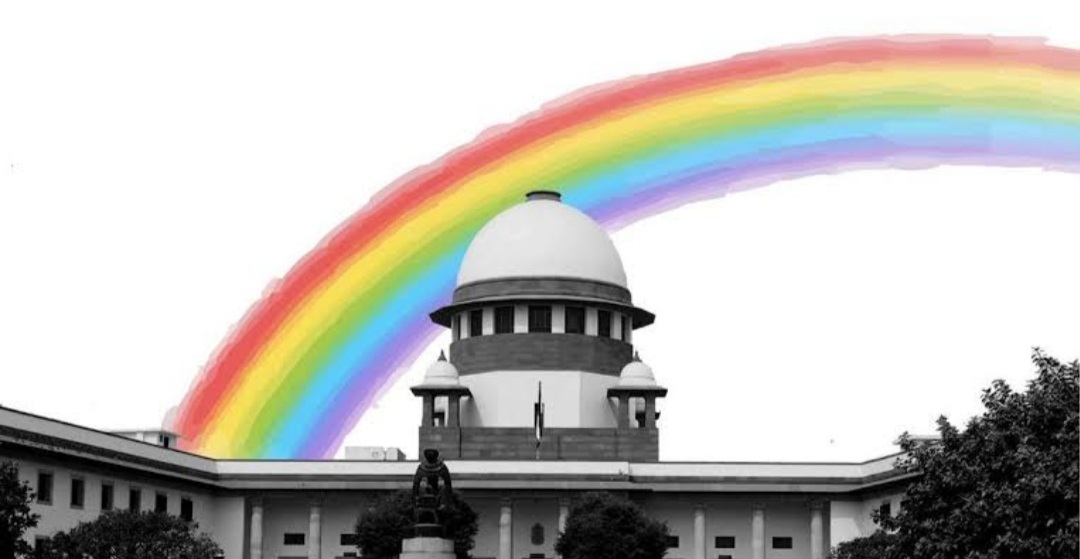New Delhi: September 6, 2021 marks three years since in a historic judgment, the five-judge Constitution Bench of the Supreme Court in read down the provisions of Section 377 of the Indian Penal Code and decriminalising consensual same sex relations.
The law earlier considered gay sex a criminal offence, but after it was scrapped off, LGBTQ community is free to engage in consensual gay sex in private. Today India celebrates the three-year anniversary of scrapping down the colonial-era law, Section 377, that criminalised gay sex. It took a five-judge Constitution bench, headed by Chief Justice of India (CJI) Dipak Misra and comprising Justices D Y Chandrachud, Rohinton Fali Nariman, A M Khanwilkar and Indu Malhotra to issue the verdict on a bunch of petitions filed to scrap the law. Netizens are in a celebratory mood, wishing each other on the anniversary of section 377 scrapping.
Timeline of events:
It must be noted that Section 377 was first challenged before the court by an NGO named Naaz Foundation in 2001. The petition was later dismissed by the court.
In July 2009, the Delhi High Court had decriminalised intercourse between same-sex adults by holding it as a violation of Article 14, 15 and 21 of the Indian Constitution. Article 14 of the IPC guarantees equality before law, Article 15 prohibits discrimination based on religion, caste, race, sex or place of birth and Article 21 protects life and personal liberty.
The Supreme Court in 2013 called the HC’s judgement “legally unsustainable” and dismissed it. The 2001 petition filed by the Naaz foundation was also rejected by the apex court.
In 2014, the SC asked the government to include transgenders in the Other Backward Castes (OBC) quota and declare them the ‘third gender’. In 2016, queer activists filed five petitions before the SC and stated that their “rights to sexuality, sexual autonomy, choice of sexual partner, life, privacy, dignity and equality, along with the other fundamental rights guaranteed under Part-III of Constitution, are violated by Section 377. ”
In August 2017, the apex court observed that “sexual orientation is an essential attribute of privacy” and observed that the Right to Privacy is a fundamental right of all Indian citizens.
In July 2018, a five-judge bench comprising Chief Justice Dipak Misra, justices R F Nariman, A M Khanwilkar, D Y Chandrachud and Indu Malhotra, began hearing petitions that challenged section 377 and on September 6 the same year, the court legalised homosexuality.





